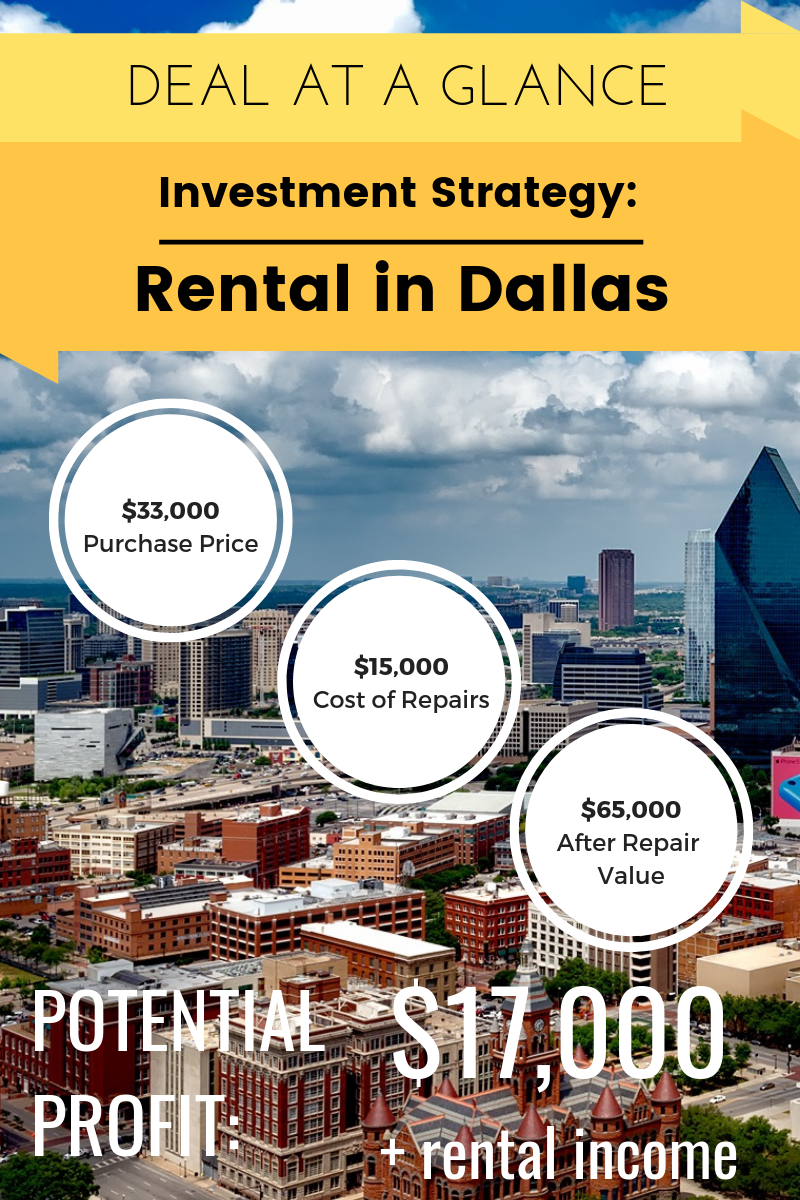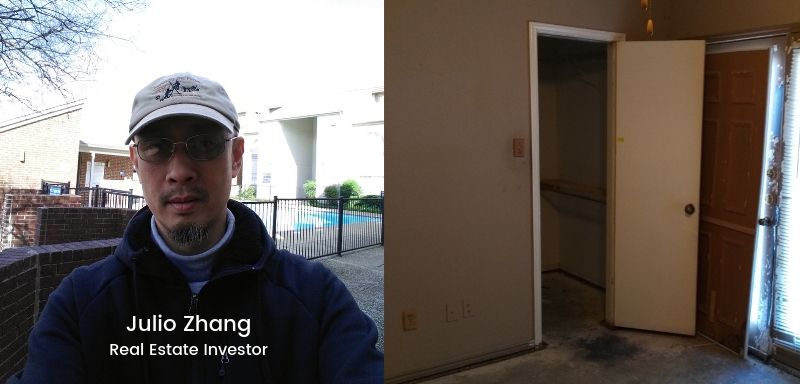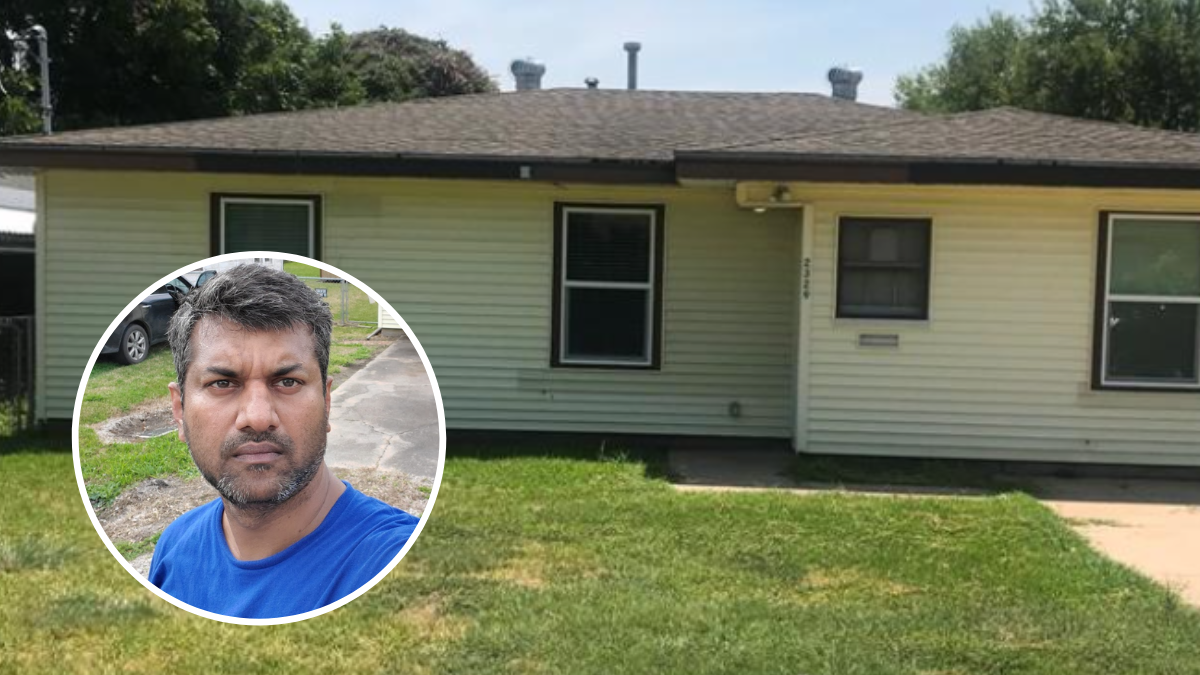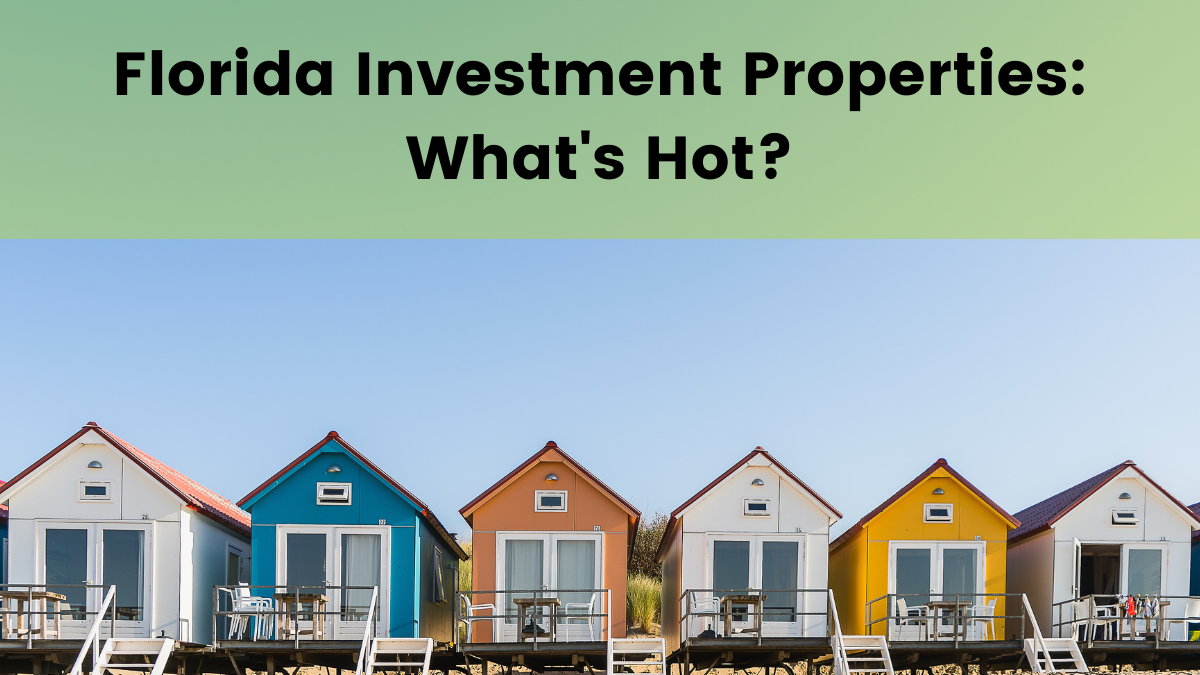How Stock Market Instability Led Julio To Invest In Rental Properties
Julio invests in rental properties in order to build a secondary stream of income that he can depend on even after he retires.
He decided to get into real estate investing when he experienced the risks involved with stock market crashes. He feels real estate is the most stable form of investing but has also found that it requires a lot of knowledge and hard work.
He found that searching for properties was the most difficult part of getting started, but now that he’s discovered MyHouseDeals he’s finding the search process much easier.
The below graphic shows a summary of the deal he found on MyHouseDeals.

Read more to learn from Julio’s experience, including
- How to pull comps and calculate rental rates
- Why a conservative approach is often best
- Advice for new investors
Listen to the full interview here:
NOTE: Julio is a premium member. He received a FULL refund of his upfront membership fees for simply doing a deal! Find out more about our premium membership here.
What made you interested in real estate investing?
After experiencing several ups and downs in the stock market, I began looking for ways to diversify. I just don’t feel like my 401k is completely reliable for retirement. So I started looking into real estate investing. But it’s a slow process.
Was it difficult to get started in real estate?
Yeah, actually it was. I had a lot to learn. I just started a couple of years ago. Anything you do for the first time is going to be hard. I started by purchasing a couple rental properties.
I’m looking to grow my portfolio slowly so that I when I retire, I can have a collection of rental properties to replace my income.
Why did you choose rentals over other strategies like fix and flip?
I just always had rentals in mind as I thought about investing. I originally didn’t know anything about fix and flip investing. I’m learning as I go.
And I remember reading Gary Keller’s book. He’s the founder of Keller Williams. His book was about rentals and he interviewed a bunch people in the industry. A lot of those people talked about how they wished they kept their properties instead of selling them.

What other ways did you build up your knowledge?
Just by reading books and talking to friends. I have friends that also have rental properties and I just ask them questions. Things like that.
What do you think was the most difficult part of getting started in real estate investing?
Well, there are a lot of difficult things. I guess for me, finding the right property was hard, and actually making up my mind to pull the trigger was also hard. Especially when I’d never done this before.
So how did you fine tune your strategy for finding properties?
I only recently learned about your website, MyHouseDeals. Currently my strategy is to just keep an eye on the properties available on the site. And whenever a new property comes up, I’ll evaluate it quickly and see if fits my criteria. If it does, I’ll just contact the seller quickly and hopefully it’s still available.
Most of the time properties go very quickly.

Are you a full time investor at this point in time or still part-time?
Yeah, I still have my full time job. So the lack of time makes things difficult. Most of the time during the day, I can’t work on my real estate projects. I have to look for deals at night and then contact the seller the next morning, and hope the property is still available.
How has this career move into real estate investing affected your lifestyle?
I think I’m sleeping less. I have a kid already out of the house in college. And I have another one in high school. Since one of my kids is away, I spend less time parenting. So I have that extra time. We don’t watch TV at my house, so I focus on real estate investing at night.
What kind of property were you initially looking for on our site?
Initially I didn’t actually know what I was looking for. I just looked at everything, and after a while I figured that if I want to buy a property quickly, I need to have the cash ready. If I needed to borrow money, that would make the process a little more complex, and might make my chances of success less likely.
After making sure I have the cash available, I just look at the price of the property and how much I can rent it for and then calculate my returns on it. If it has a good return, I move forward. According to my numbers, the property I found had a good potential return.
How did you pull the comps?
Zillow is a very good website for comps. I found that their Zestimates are very accurate. They pull data from all sorts of places, so I think that’s the quickest and most convenient way to do a comparison.
To get the property value, you can look at the similar sold properties. For rental estimates, you can look at past and current rentals on the market, so you get a feeling for the rental price range in your area.
What was your negotiating strategy whenever it came to the price of the property?
I haven’t done much negotiating yet. With this property on MyHouseDeals, there was a note stating the price wasn’t negotiable. So I didn’t really have that option. And with most properties, there are 10 other investors looking at the same time. So there often isn’t any room for negotiation.
Were the repair estimates and the ARV close to being accurate?
Some of the listings give an accurate number. But others list an ARV on the higher end and a repair estimate on the lower end. I always just discount the ARV posted on the web, unless it can be proven by an independent service like Zillow.com or some other place. Not a big discount, but just a little bit. On the repair, some of the sellers provide a very detailed description for repair items and that gives you a guide.
But often times I just add some buffer to say, “Well, is ten thousand really going to be enough?” I’ll just add two or three thousand on top to give me a little buffer. Then I calculate the return, using my numbers, and if it’s still a good deal, I’ll go for it.
So you prefer to overestimate the cost of repairs and underestimate the listed ARV so that you can get a conservative estimate on the total expected profit?
Yes. I’m conservative in nature, so I always want to conservatively estimate the numbers. But I think other investors are doing the same thing. With the competition from other investors putting in bids, I realize if I find a good deal, I should take it.
How did you go about financing your deal?
So far I’ve been using my savings to buy deals. I have access to private money, but I haven’t gone that route yet. I want to accumulate a little bit more experience before I raise private money. That’s part of my consevative approach.
What are some tips that you would give new investors looking to get into the real estate market?
Definitely educate yourself and prepare the best you can, as you would with any investment.
At some point you’re going to have to pull the trigger on your first deal. As a new investor that can be the hardest thing to do, other than finding deal. But everything has to start somewhere right?
For me, I gave myself a little slack to make some errors. I decided that if a deal doesn’t go perfectly, it’s ok, because I can learn from those errors and do better the next time.
If you’re afraid of making mistakes, then you won’t go anywhere. It’s a balance. Begin by knowing the risk, do your due diligence well, make up your mind and pull the trigger. You just have to start. Everything has to start somewhere.
I do feel like real estate is actually the safest kind of investment, for example compared to stocks. Those can actually go down to zero and you could have nothing in a matter of days.
With real estate you’ll always have the property. It’s not going to just vanish.






